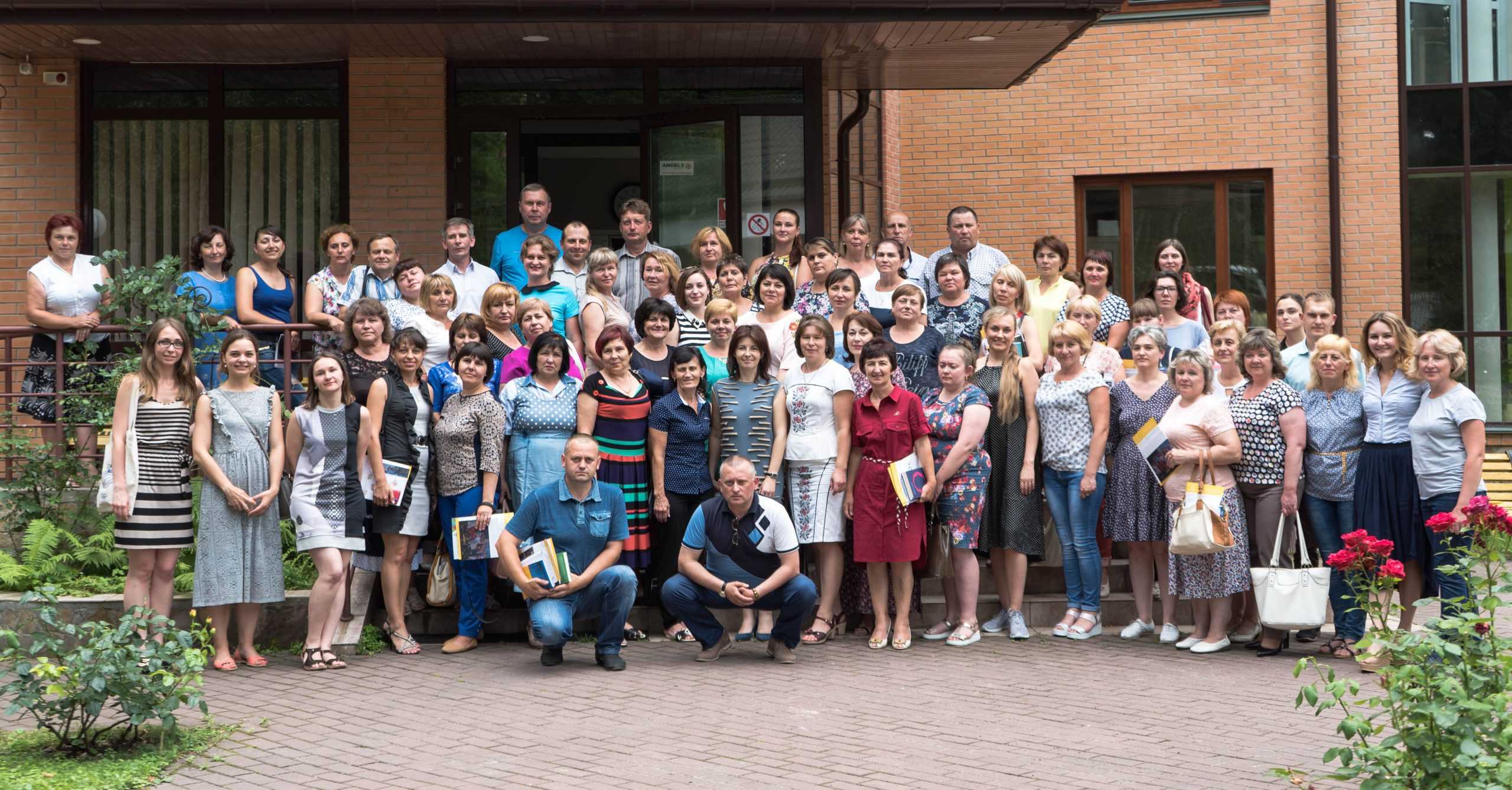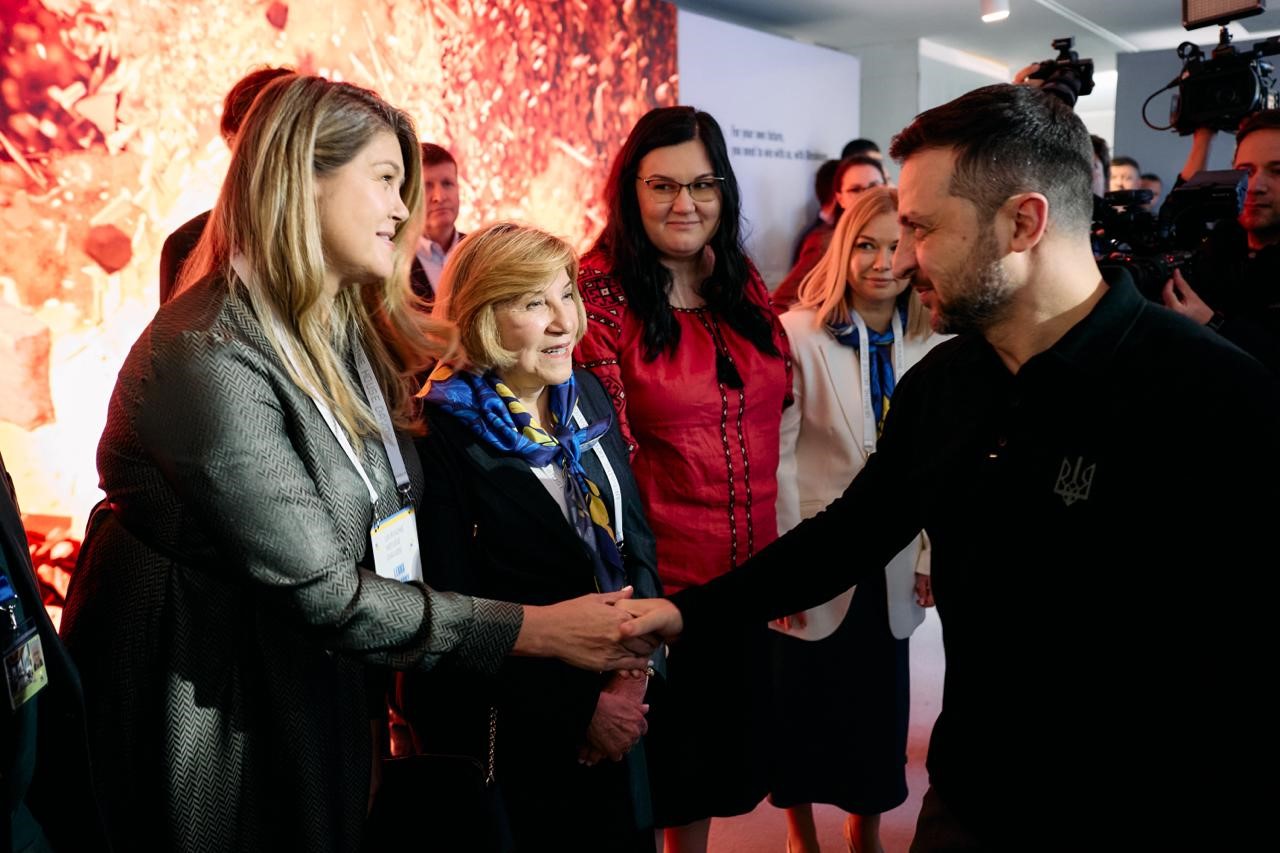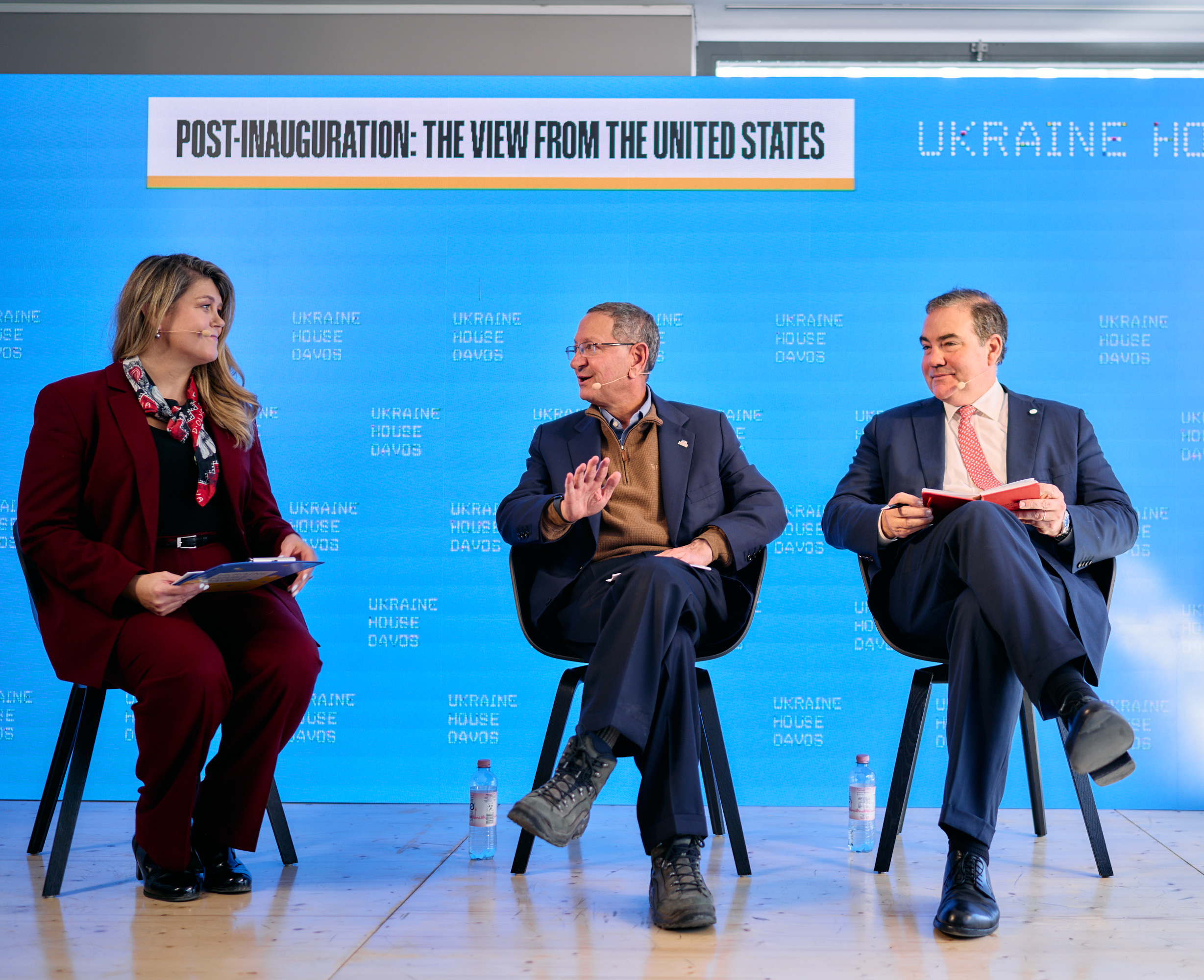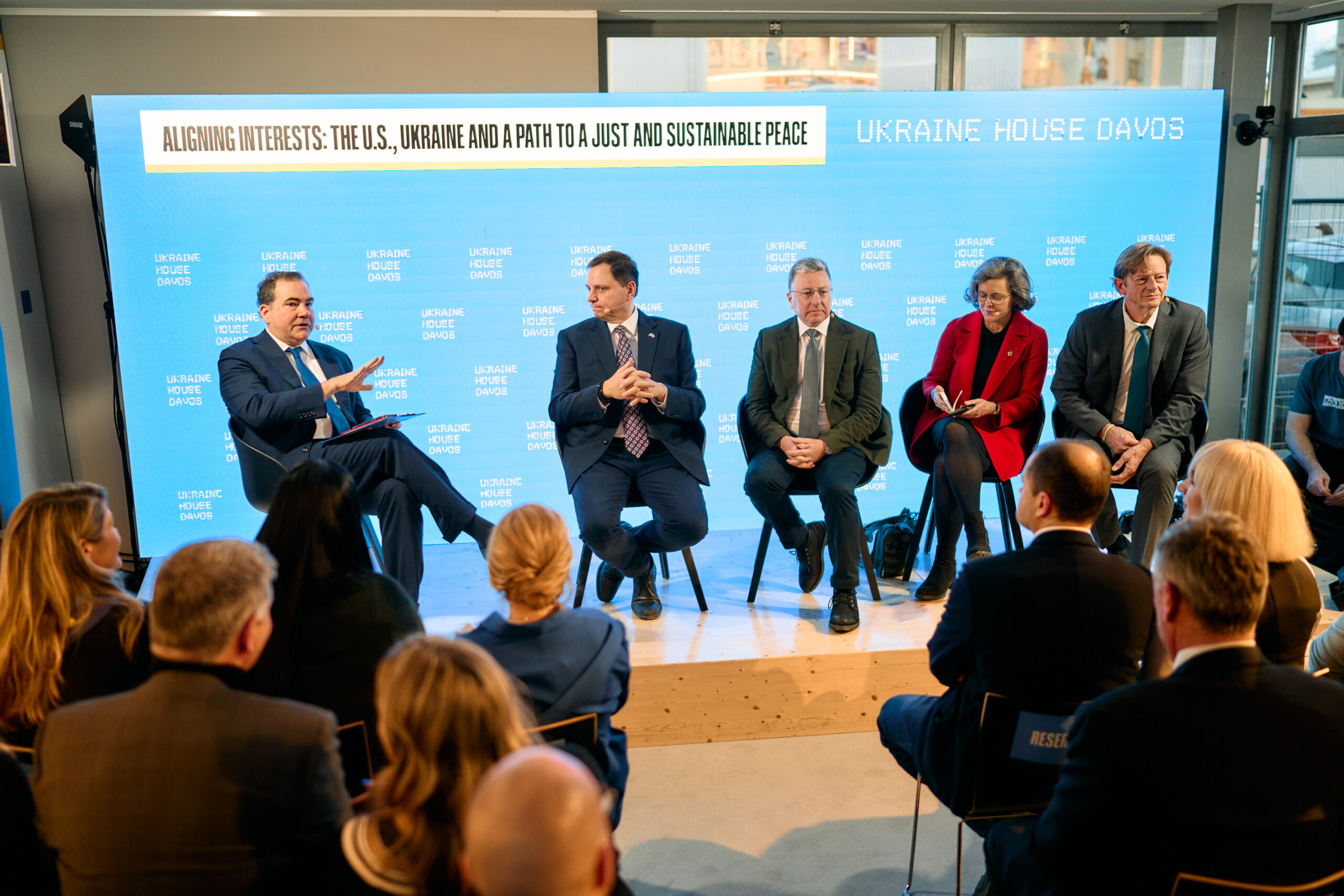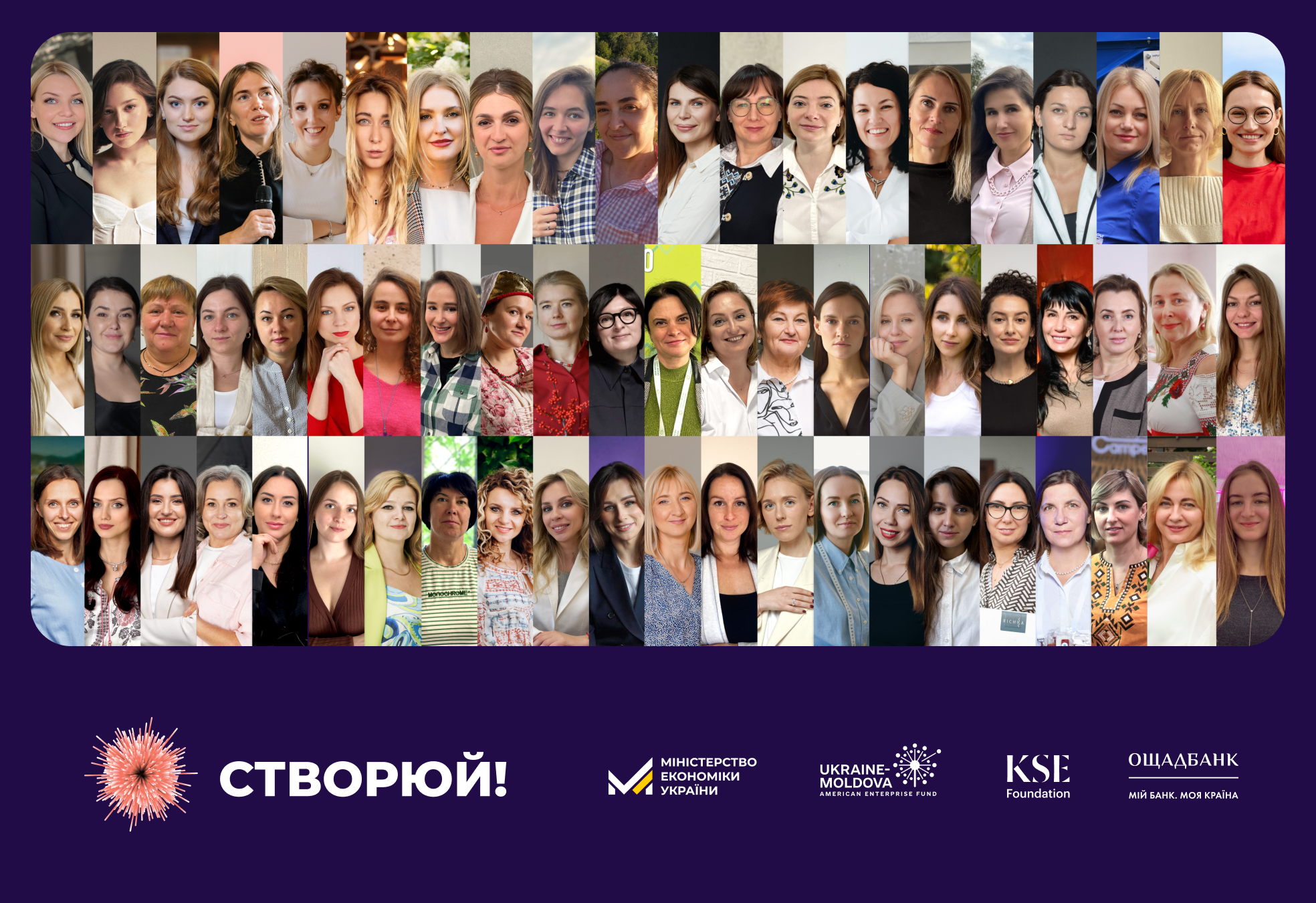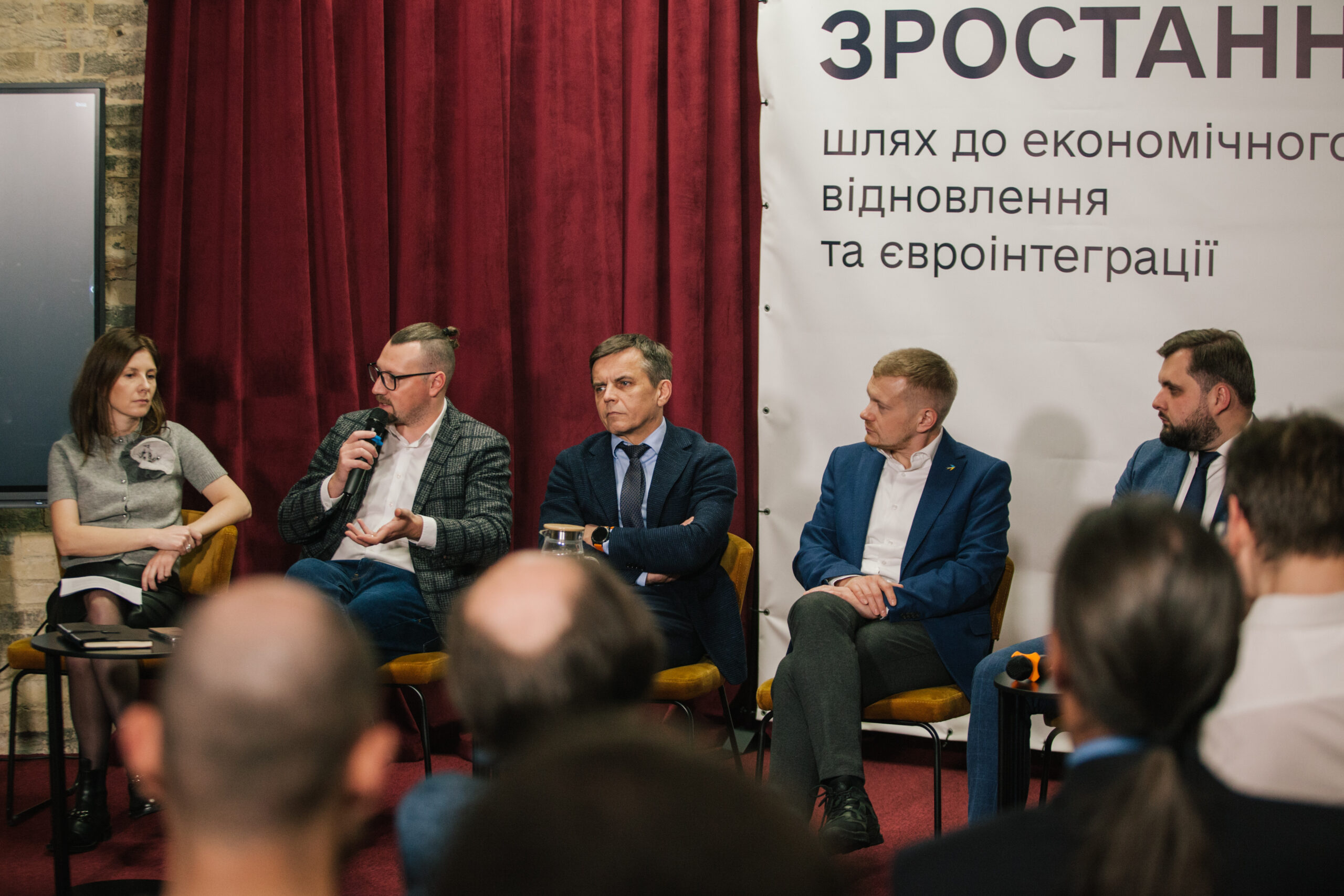The results of the “Pilot 24” project participants’ survey showed that more than 90% of teachers who had undergone the project training view the student as a partner in the educational process. To improve the lessons, more than 95% of teachers started to use the students’ feedback on a permanent or incidental basis. Upon that all schools began to apply mixed learning: lessons that combine various practices, including those of different subjects, alongside with the teacher team participation. Some schools have also started to involve parents in teaching, organize workshops for students, and have invited foreign volunteers to teach English.
“I was amazed to see how simple steps towards the students showed incredible results. Three weeks ago the kids told me that during this academic year they could really feel both: their own importance along with the importance of their thoughts. In fact, it is the main goal of our school work: we work neither for papers, nor for bosses or teachers, but for children. Today we talk a lot about critical thinking. I always tell the kids: if you don’t like something in the lesson, you should speak out, but with no insults or humiliation. If you are silent – you will not be heard“, – said Natalia Samochko, Principal of Bilshivtsi secondary school, Ivano-Frankivsk region.
Most principals note that at the start of the project their schools faced typical financial problems, common to most of the schools: the need for winterization and renovation, lack of computers and Internet, and the like. But after undergoing project management training, they were able to solve them by raising additional funds.
“In our school, we have the project “Kinderlandia”. The specific nature of the school is that children are brought from the nearby villages. The lower grades have only 4-5 lessons and the shuttle bus departs only after the 7th lesson. So we decided to create a space where a child can run and play. There is a soft flooring, frameless furniture, and games there. If we take the kids home after classes and then immediately settle them down to homework, they’ll be simply exhausted. In the coming year we’re going to apply the same project method to finish up the window replacement and winterization, to create groups on critical thinking and mixed learning, to rearrange the permanent exhibition of our school museum,” – said Anatolii Kotenko, Principal of Oleksiivka secondary school, Zaporizhzhia region. The project “Kinderlandia” was partially funded by the rural community, the rest was raised on the GoFundEd crowdfunding platform.
Strategies that have been developed and implemented by schools include transformation in various aspects of their activities: the use of modern school management approaches, the transformation of the teaching staff into a team of fellow-thinkers, and most importantly – re-forming of the educational process in favor of the student’s interests.
“The reform of secondary education should focus on a student. Properly drawn strategy will help to ensure a qualitatively new level of learning, is centered not only on the transfer of knowledge, but also on the development of practical skills, critical thinking, and ability to solve problems. Neighboring countries have already undergone such transformations, and they were quite successful. And these first 24 HUB-schools that we selected for the pilot project have shown that despite the limited funding it is possible to achieve significant results in the school development and affect our educational reform in its entirety”, – said Iryna Ozymok, Local Economic Development Program Manager of Western NIS Enterprise Fund.
Western NIS Enterprise Fund is the founder of the “Pilot 24” project, which additionally bankrolled about 6.3 million UAH to ensure school infrastructure development. Also, the United States Agency for International Development (USAID) allocated $1.5 million for the renovation of 24 HUB-schools.
The “Pilot 24” project aims to bring together the HUB-school administration and teachers in order to develop new forms of interaction between a teacher and students, a principal and teachers, a school and community. There have been four three-day modules since the project launch, which encompassed various aspects of the learning process. During the academic year 2016-2017, each school, involved in the project, worked with a mentor in order to thoroughly change the quality of education. Meanwhile, the principals got trained in management and team building. The teachers completed the training modules on contemporary teaching methods and orientation on the students’ interests, where they got acquainted with the lesson formats that were practical and interesting for kids and had an opportunity to study child psychology, emotional intelligence, and the advantages of mixed learning. The schools now proceed with implementing the development plans that were framed together with mentors within the course of the program.
